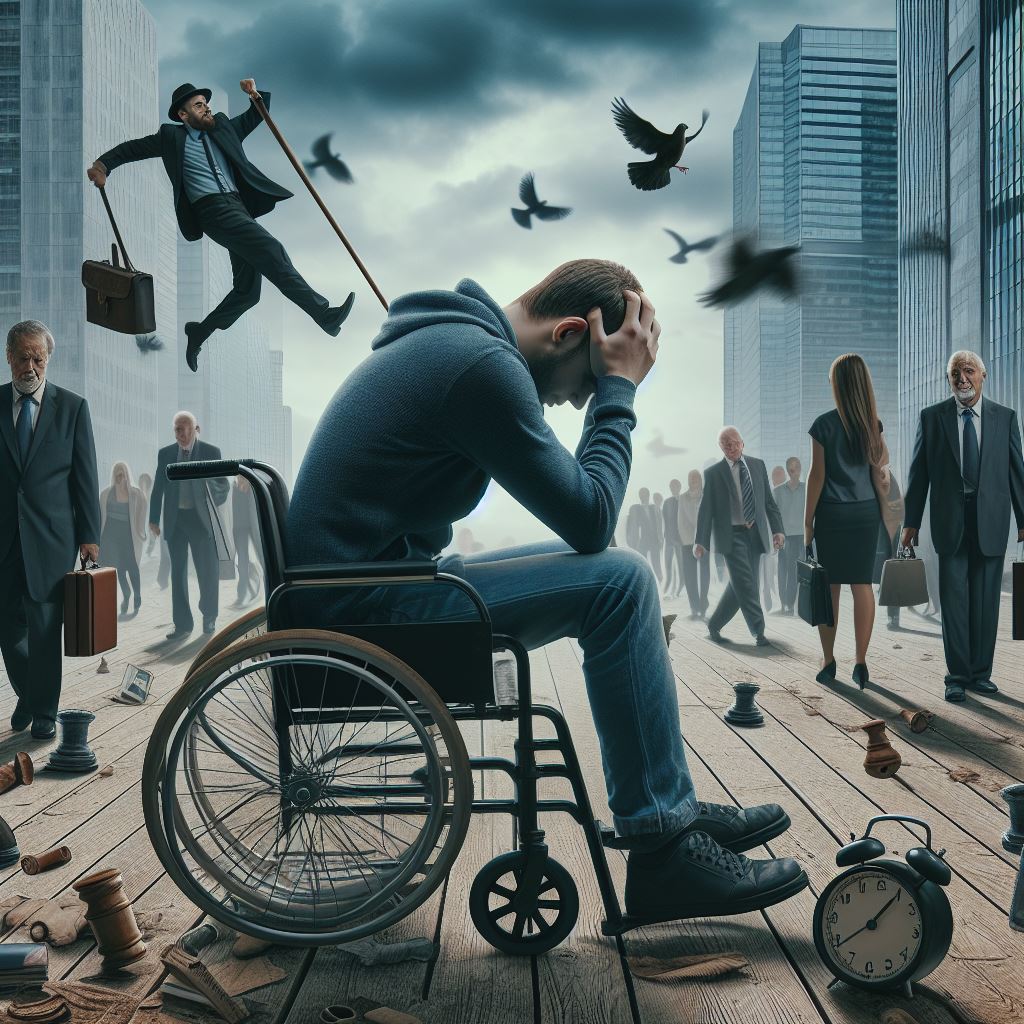In a world that strives for equality and inclusivity, we often overlook the subtle yet pervasive discrimination faced by people with physical disabilities. While we may proclaim our commitment to treating them with indifference, our unconscious biases often betray our true attitudes, leading to a society that unconsciously excludes rather than embraces.
The term “indifference” implies a neutral stance, a state of being unaffected or uninterested. However, true indifference is an elusive ideal. Even when we consciously attempt to treat people with physical disabilities without bias, our subconscious perceptions and attitudes often leak into our behavior and interactions.
This unconscious bias is rooted in our ingrained social norms and expectations. We are conditioned to perceive the world through an able-bodied lens, subconsciously assuming that physical limitations equate to lesser abilities or worth. These assumptions, often reinforced by media portrayals and societal stereotypes, shape our interactions and attitudes without us even realizing it.
The consequences of this unconscious bias are far-reaching. People with physical disabilities often face barriers to employment, education, and social engagement. They are more likely to experience poverty, homelessness, and discrimination in healthcare. These disparities stem not from overt prejudice but from the subtle and pervasive ways in which we unconsciously exclude them from our social and economic fabric.
To address this issue, we must first acknowledge the existence of our unconscious biases. We must recognize that our perceptions and attitudes, shaped by years of social conditioning, may not always align with our conscious intentions. Once we’ve acknowledged our biases, we can begin to deconstruct them through education, self-reflection, and conscious effort.
We must also challenge the societal norms that perpetuate these biases. We need to portray people with physical disabilities in a more accurate and inclusive light, showcasing their strengths, talents, and contributions to society. We must also create more inclusive environments, ensuring that public spaces, transportation, and workplaces are accessible to all.
Finally, we must engage in open and honest conversations about disability. We must break down the stigma and shame associated with physical limitations, fostering a society that embraces diversity and celebrates the unique abilities of every individual.
➤ True indifference is not about ignoring differences but about valuing them. It’s about recognizing that physical limitations do not diminish a person’s worth or potential. It’s about creating a world where everyone feels welcomed, included, and empowered to reach their full potential.


